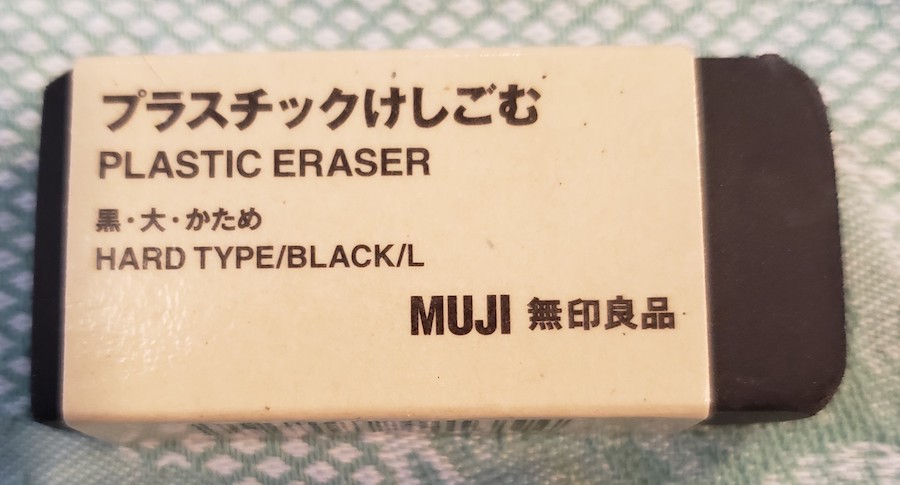Begging control
This headline confused me until I read the story: Julian Chokkattu, "Email App Maker Begs Apple CEO to Get Back on the App Store", Wired 11/22/2019.
I couldn't figure out why an app maker wanted Tim Cook to "get back on the App Store", or indeed what it would even mean for Cook to be "on the App Store". But of course it's the app maker who wants to get back on the App Store, because Apple kicked them off.
This is an example of what syntacticians call control, the problem of assigning subjects to predicates. The classical examples include things like
I persuaded Kim to leave. (Kim is the one who leaves)
I promised Kim to leave. (I'm the one who leaves)
Read the rest of this entry »



